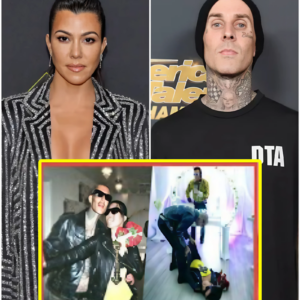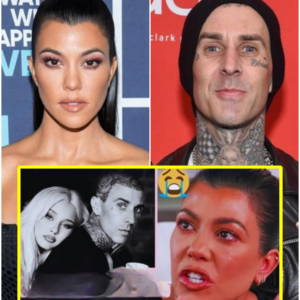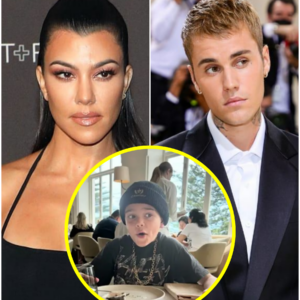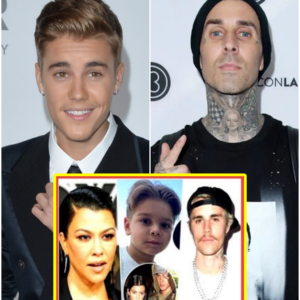In recent discussions circulating through various media channels, allegations of blackballing in Hollywood have resurfaced, implicating prominent figures like Dwayne Johnson and Oprah Winfrey. These claims, often fraught with controversy and legal battles, highlight deep-seated issues within the entertainment industry.
The controversy gained traction following accusations from former TNA wrestler Tranisha Biggers, who filed a lawsuit naming Dwayne Johnson and others in a bizarre kidnapping plot allegedly aimed at her. The lawsuit, which initially rocked headlines with its staggering $3 billion claim, highlighted tensions and legal complexities involving high-profile celebrities.
Moreover, Dwayne Johnson, renowned for his dual careers in wrestling and Hollywood blockbusters, found himself entangled in legal battles that tested his public image and legal defenses. The lawsuit, dismissed later in June 2023, underscored the intense scrutiny faced by celebrities and the consequences of legal disputes in the limelight.
The narrative further delves into the relationship dynamics among Hollywood elites, notably between Johnson and media mogul Oprah Winfrey. Their friendship, previously viewed as a symbol of mutual respect and collaboration, faced scrutiny amidst allegations of behind-the-scenes influence and backstage drama.
Oprah Winfrey, celebrated for her cultural impact and philanthropic endeavors, also faced criticism regarding her involvement in film productions, particularly highlighted during the production of “The Color Purple.” Accusations of unfair treatment towards actresses on set, including issues of pay disparity and working conditions, sparked debates about industry standards and the treatment of Black talent in Hollywood.
Taraji P. Henson, among the actresses involved in “The Color Purple,” publicly voiced concerns over inequities, citing challenges in securing fair compensation and adequate working conditions. Her revelations, echoed by other cast members, shed light on systemic issues within the film industry and the persistent struggle for equality in pay and treatment.
The controversy surrounding “The Color Purple” remake further exemplified these challenges, despite the involvement of powerhouse production teams and industry veterans. The project’s reception and the subsequent fallout underscored ongoing disparities and challenges faced by Black actors in Hollywood.
The narrative also touches upon broader industry practices and perceptions, highlighting instances where celebrity friendships and alliances may influence career trajectories and industry dynamics. Speculations and rumors surrounding Johnson’s absence from film projects, purportedly due to internal conflicts within the Fast and Furious franchise, further underscored the complexities of Hollywood’s power dynamics.
In conclusion, while these controversies offer glimpses into the inner workings of Hollywood, they also reflect larger societal debates about representation, equity, and accountability within the entertainment industry. The ongoing discussions, fueled by legal battles and public scrutiny, continue to shape perceptions and practices within Hollywood, prompting calls for transparency and reform.
News
(B) Travis Barker MISSED when Kourtney Kardashian returned home drunk after Kardashians party. (VIDEO)…
Courtney Kardashian made headlines just seven weeks after giving birth when she decided to attend the annual Kardashian Jenner Christmas party sans pants. Despite recently welcoming her fourth child, Rocky, with boyfriend Travis Barker, Courtney seemed anything but tired as…
(B) Kourtney Kardashian Shocking Revelation on Why Her Relationship with Travis Barker Ended. (VIDEO)…
In the public eye, Travis Barker and Courtney Kardashian’s relationship was once perceived as an unbreakable union, filled with passion and devotion. However, recent revelations paint a vastly different picture, revealing the underlying turmoil that ultimately led to its demise….
(B) Kourtney Kardashian SECRET XTAPE With Minor Justin Bieber REVIEWED by The Feds. (VIDEO)
The recent discovery of a video purportedly featuring Courtney Kardashian and Justin Bieber has ignited a firestorm within the entertainment industry, prompting intense speculation about its potential ramifications. This revelation, coupled with reports of a raid on Diddy’s home, has…
(B) EXTREMELY SHOCKING: Kris Jenner Lied About DNA Test To Khloe Kardashian As O.J. Simpson Could Be Her Father. (VIDEO)..
In a moment etched into the memories of internet users, Chris Jenner once orchestrated a dramatic DNA test to dispel rumors surrounding Khloe Kardashian’s paternity. Speculations swirled, stemming from Jenner’s revelations in her memoir “Chris Jenner and All Things Kardashian,”…
(B) Kourtney Kardashian finally shows proof her son Reign Disick is actually Justin Bieber’s son. (VIDEO)..
Courtney Kardashian recently embarked on an exciting escapade to Australia and New Zealand with her husband, Travis Barker, for his tour. However, it was their youngest son, Rain, who stole the spotlight during their adventures. With his mischievous antics and…
(B) NEWS HOT; Travis Barker Found Evidence of Kourtney Shared Baby With Justin Bieber (video)…
The rumor mill surrounding Justin Bieber and the Kardashian family has been churning for quite some time, igniting speculation about his connections with various members. While the details are murky and often sensationalized, let’s delve into the complexities of these…
End of content
No more pages to load











